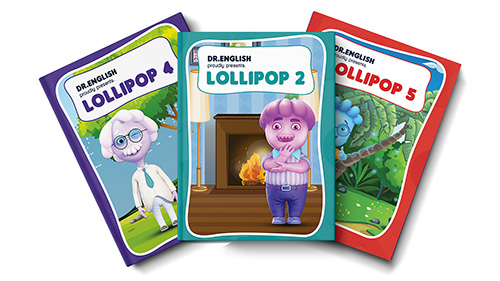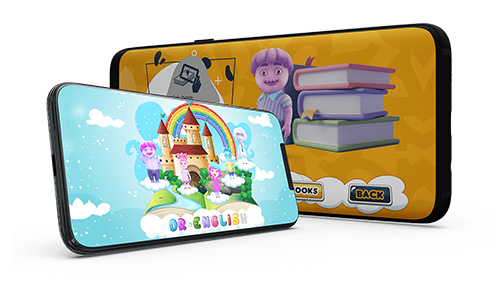Advantages and disadvantages of stating learning English in 4_year-old kids
Learning English as a second language (ESL) is becoming increasingly important in today’s globalized world. Many parents are starting to introduce their children to English at a young age, with some even beginning as early as four years old. While there are certainly advantages to starting ESL learning at such a young age, there are also some potential drawbacks.
One of the main advantages of starting ESL learning early is that children’s brains are highly receptive to new languages during their early years. This means that they can pick up English more easily and quickly than older learners. Additionally, starting early can help children develop better pronunciation and fluency in the language.
However, there are also some disadvantages to starting ESL learning at such a young age. For one, it can be difficult for young children to balance learning English with their other academic and social activities. Additionally, if the child’s parents or caregivers do not speak English themselves, it can be challenging for them to provide adequate support and guidance.
Another potential disadvantage is that starting ESL learning too early can lead to burnout or disinterest in the language later on. If a child is forced to learn English before they are ready or interested, they may become frustrated or bored with the process.
Overall, while there are certainly benefits to starting ESL learning at a young age, it is important for parents and educators to carefully consider the potential drawbacks as well. By providing appropriate support and guidance, however, children can develop strong English skills that will serve them well throughout their lives.











Add a Comment